This is about recovering from mental illness – Mental health disorders – Drug rehab programs in Alberta and British Columbia – Options Treatment Center in Kelowna, British Columbia treating drug, opiate, fentanyl, heroin, and alcohol addiction and recovery.
Drug Rehabs In Alberta And BC
Anyone that suffers from a chronic illness, such as diabetes or heart disease, needs to learn to cope with their condition. It’s important to be aware of warning signs and make adjustments to your life after you experience health issues. It’s also important to do this if you are recovering from a mental health condition. You can’t assume that treatment will instantly fix all of your problems. You’ll still experience symptoms, and in some cases, those symptoms will be debilitating. In spite of this, you’ll have to learn to live with these issues. As you make adjustments, you’ll gradually be able to see that you’re taking steps forward. In time, your mental illness will be far behind you.
Improvement is a key component of mental health recovery. It’s a gradual process, and it won’t necessarily be linear. You’ll be able to move forward as time goes on, but at certain points, you’ll take steps back. As you gain more insights into your symptoms, it will be easier for you to keep these symptoms in check. The process can be discouraging over time, but even when you make mistakes, you’ll be able to learn from them.
Recovering from a mental illness isn’t something that you’ll be able to do in an instant. It’s something you’ll be working on throughout your life. Remember, your mental health symptoms didn’t appear immediately. It may have taken years or longer for these symptoms to show up. You’ll have to continually work to overcome your symptoms. Even if you’re able to build a positive life for yourself, you’ll have to put in the effort to manage your mental health.
Mental Health Disorder Programs In Alberta And BC
Early intervention can be essential when it comes to improving outcomes. As an example, if someone that’s exhibiting schizophrenia symptoms receives treatment early on, they are far more likely to make a recovery than someone with symptoms that have progressed.
Along the same lines, it’s important to catch signs of a relapse early on. If a patient is treated swiftly, they may have a chance at recovery. If the signs are ignored, they may never be able to recover.
Of course, recovery is only one aspect of a much larger process. Someone that’s dealing with mental health issues should also focus on their overall well-being.
In many cases, people that suffer from
mental health issues are isolated. This is because it is common for people to discriminate against people with these kinds of issues. This leads to a lowered sense of self-worth, which can make the recovery process more difficult.
Most people find that the very start of recovery isn’t the most difficult stage. The end can be a lot harder. During this stage, individuals must work to reclaim the things they’ve lost when their symptoms were more severe. They must also take advantage of the opportunities that they missed out on when their symptoms began.
This can be one of the most difficult parts of recovery. It can take a long time for people to repair the damages that their mental health issues caused. In many cases, people with mental illness have fewer opportunities available to them.
However, this shouldn’t be the case. Even if you can’t return to your old job, and even if you have to give up some things for good, you can still build a great life for yourself. Other people have been able to do it, and so can you.
Options Okanagan Opiate and Alcohol Treatment Centers in Kelowna, Salmon Arm and Vancouver, British Columbia – Men and Women are recovering and healing from Alcohol and Drug Abuse at our treatment center here in the Okanagan right now.
Our unique and distinctive Opiate Drug and Alcohol treatment program allow men and women to come in from Calgary as well as Edmonton as we offer airport pickup.
Numerous clients come to us from Vancouver, Calgary, and Edmonton and other locations in Alberta and even other provinces for Opiate addiction treatment, heroin drug treatment, many other drugs, and alcohol addictions for rehabilitation because of the uniqueness of our treatment center.
Our (Kelowna) Alcohol and Drug Treatment Program Location:
(Not Mailing Address) – Contact Us – Web Page
For Mail Delivery :: Please contact each center for correct mailing addresses, also this location is the location of our residential treatment programs in Kelowna. Please call Toll Free 1-855-335-0331 – to contact the treatment center you are going to for the address and directions.
Options Okanagan Drug and Opiate Treatment Center
551 Sherrydale Crescent, Kelowna, British Columbia, V1V 2E6
Toll-Free Phone Number: 1-855-335-0331

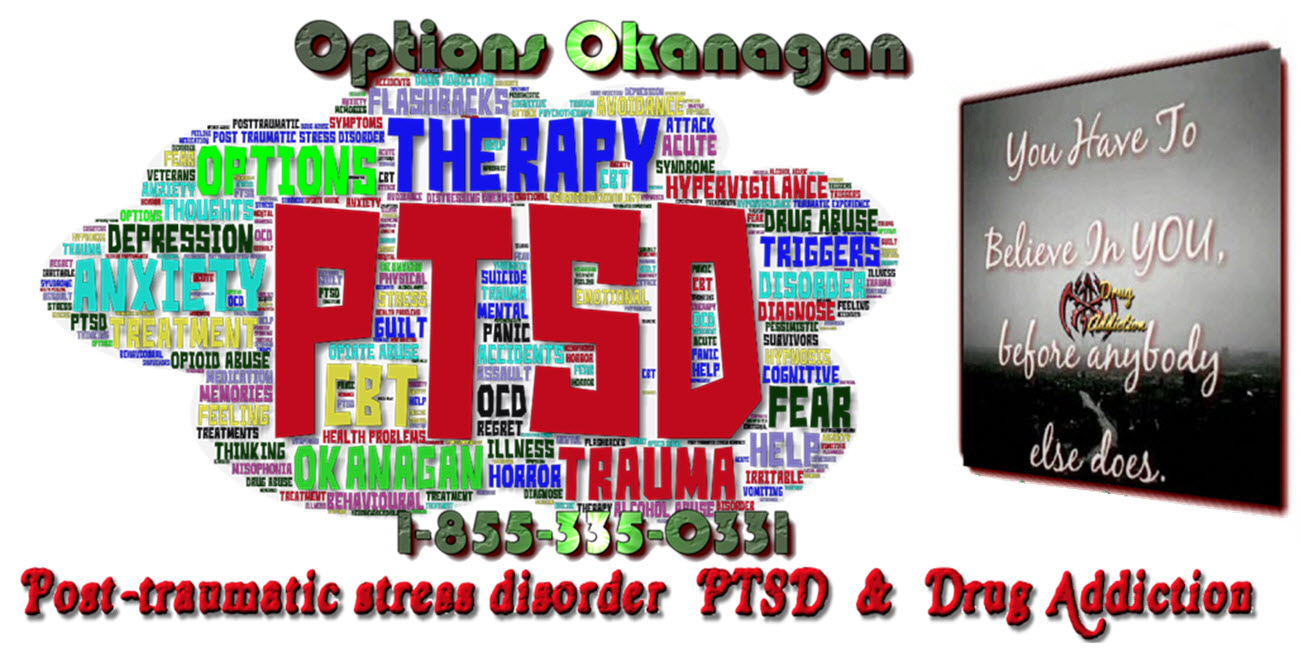

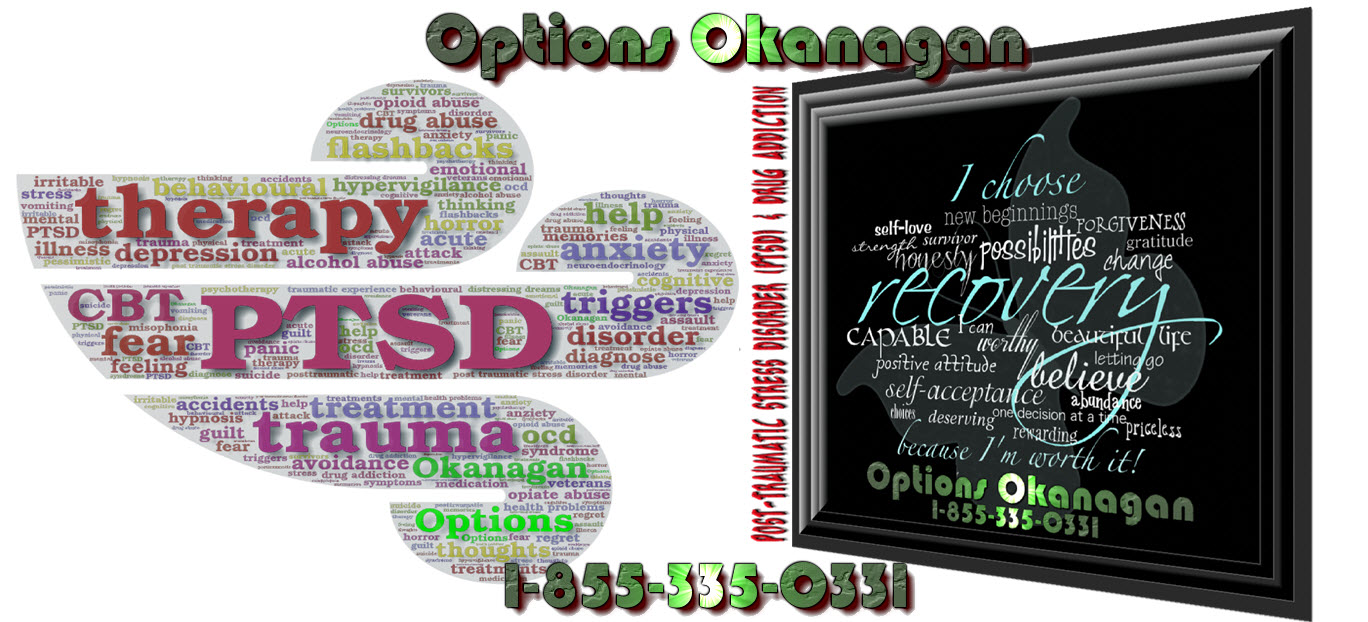


 and Trauma Treatment - Mental Health Disorder Programst in Alberta and BC - Options Okanagan.jpg)
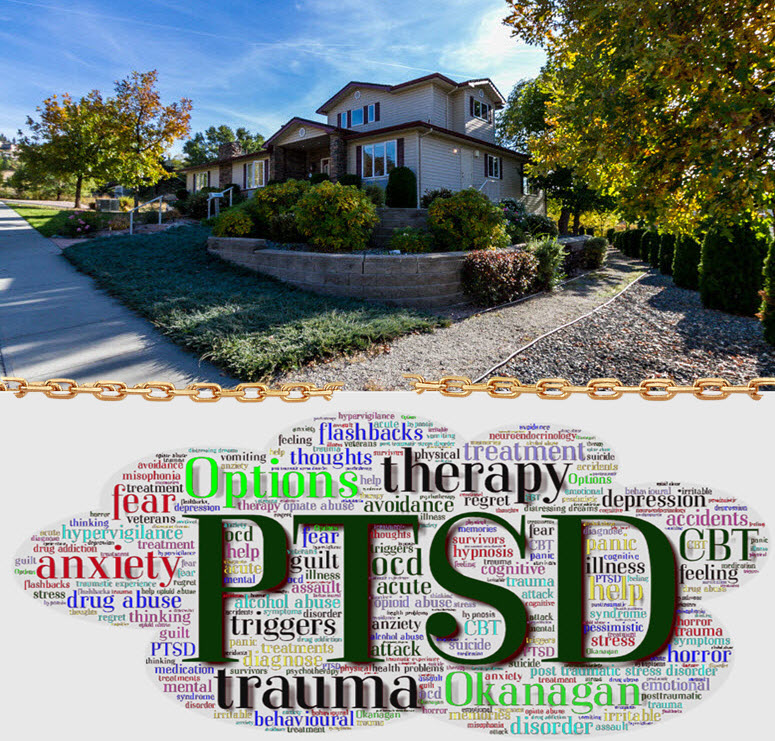
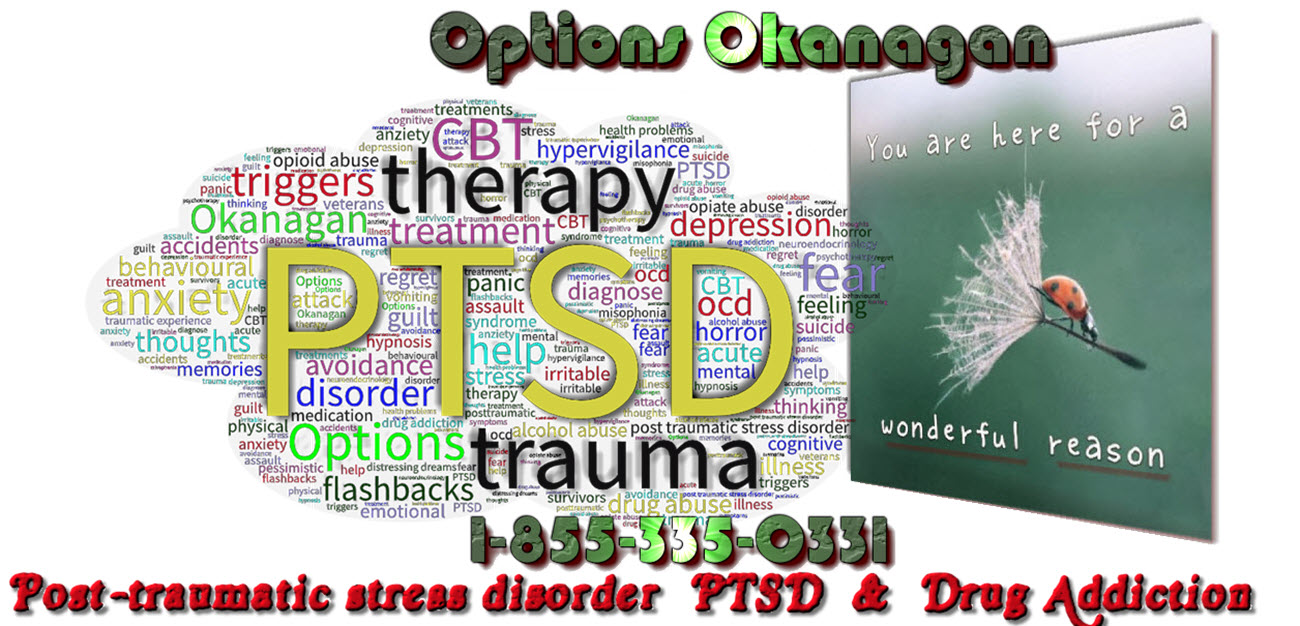
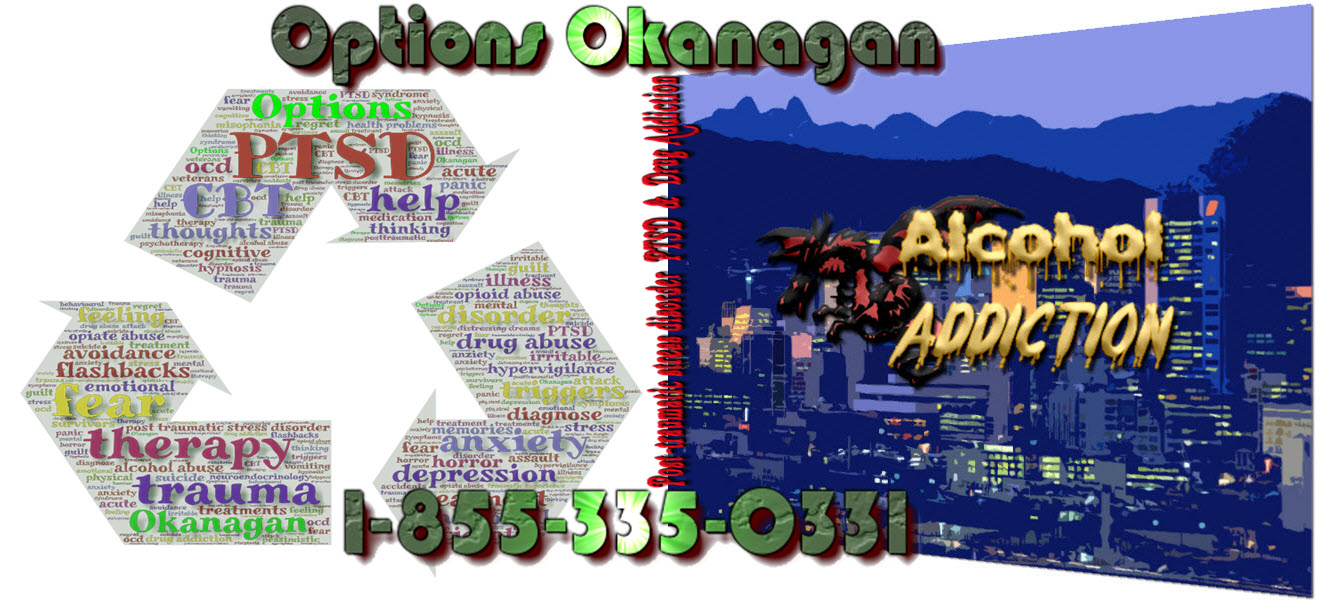
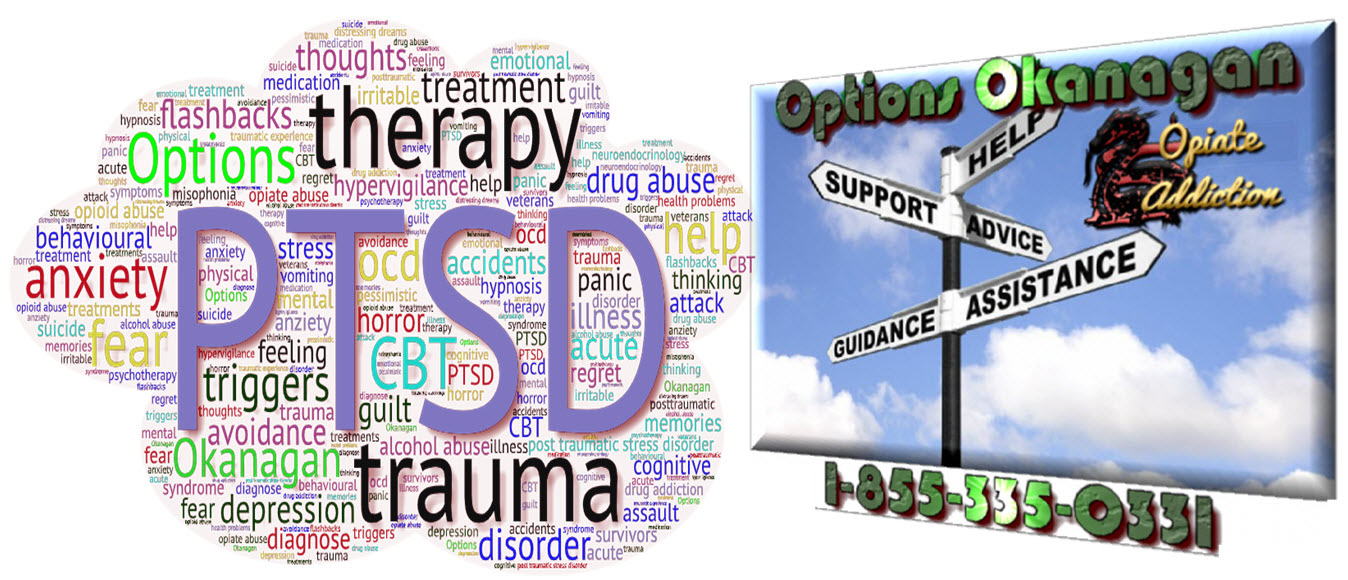
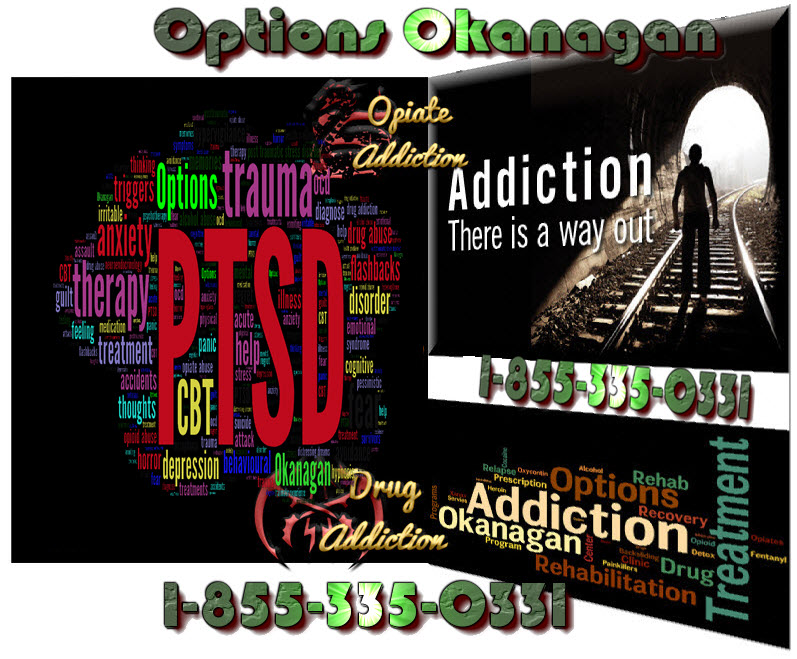
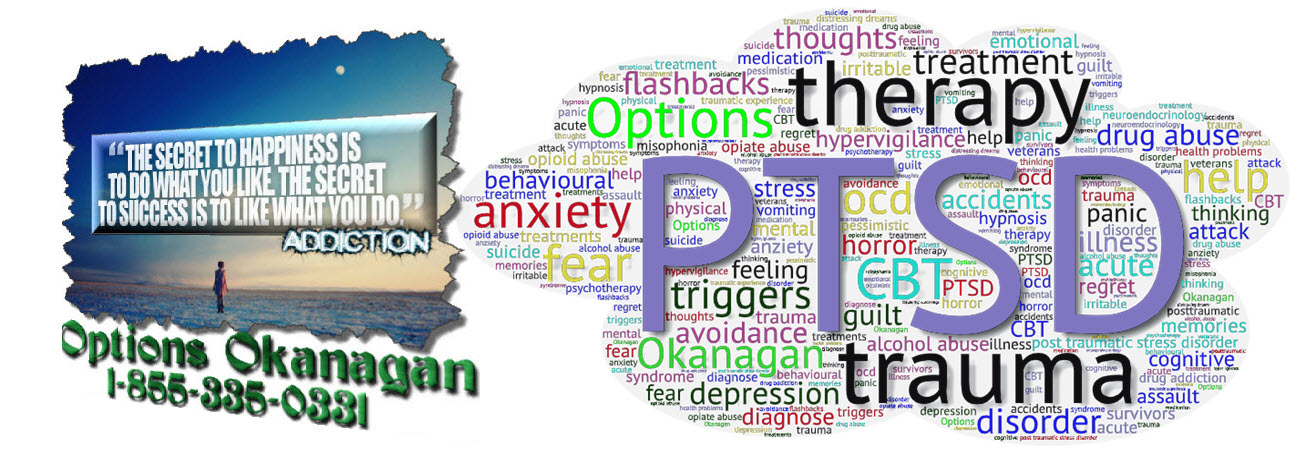
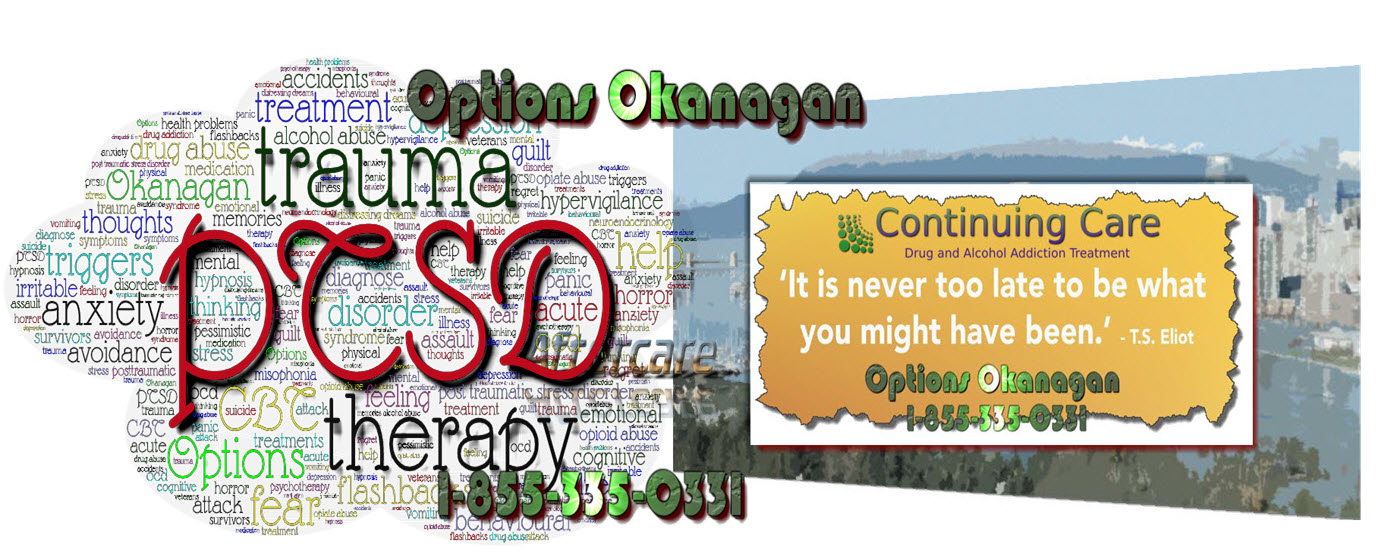
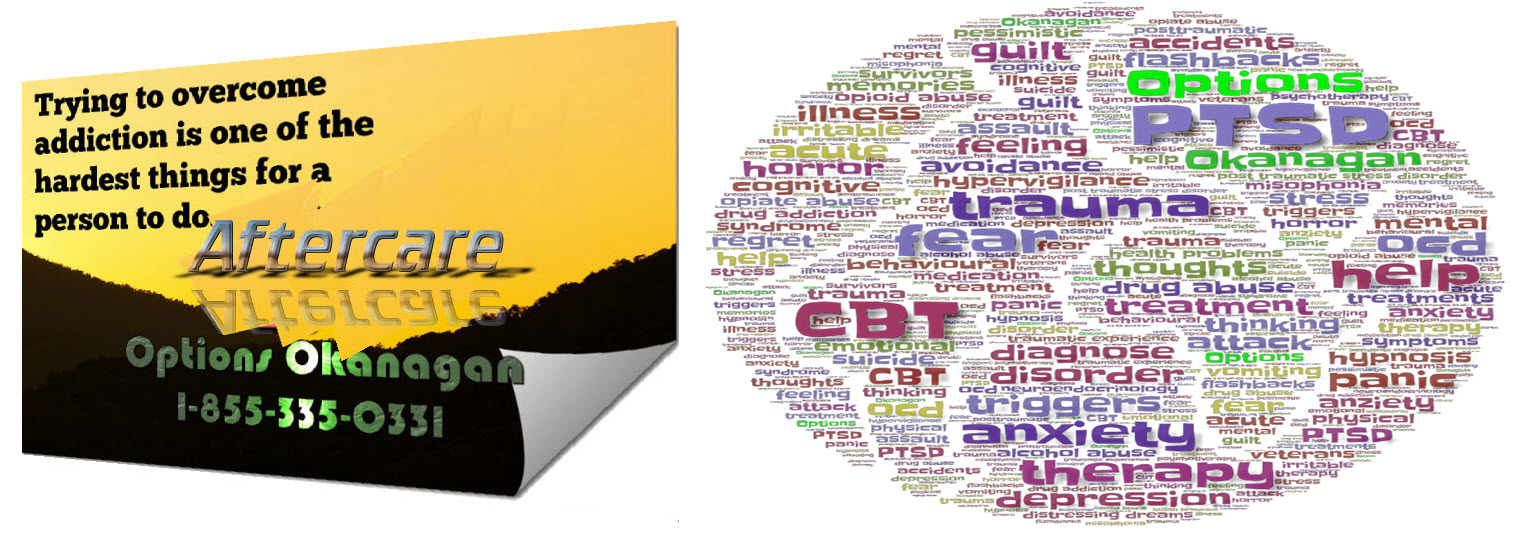
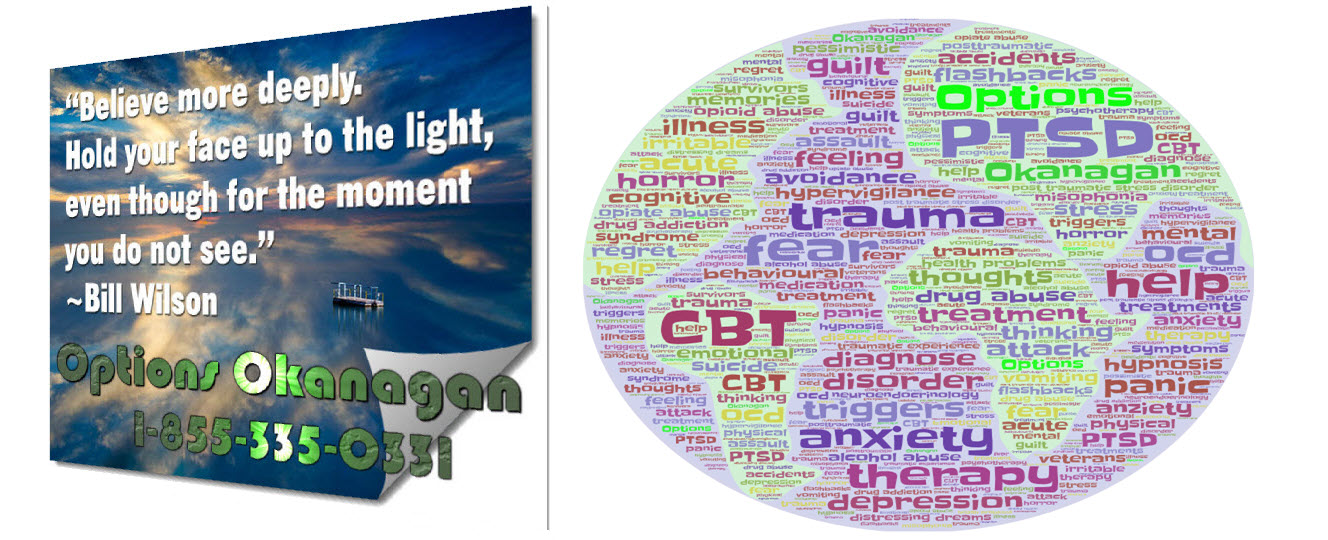

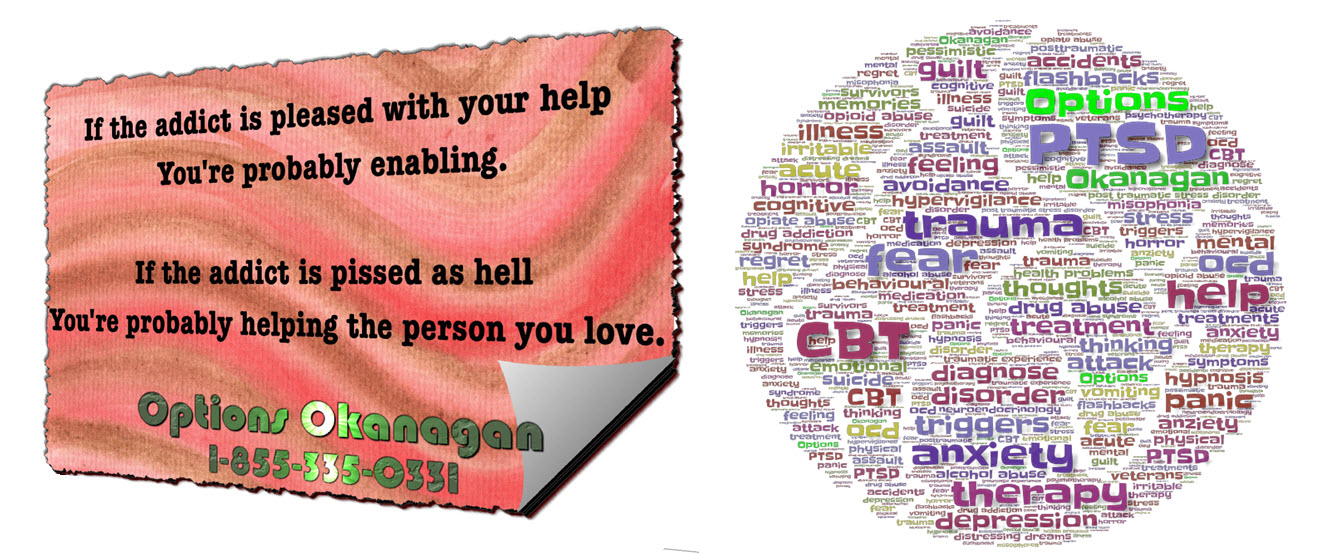
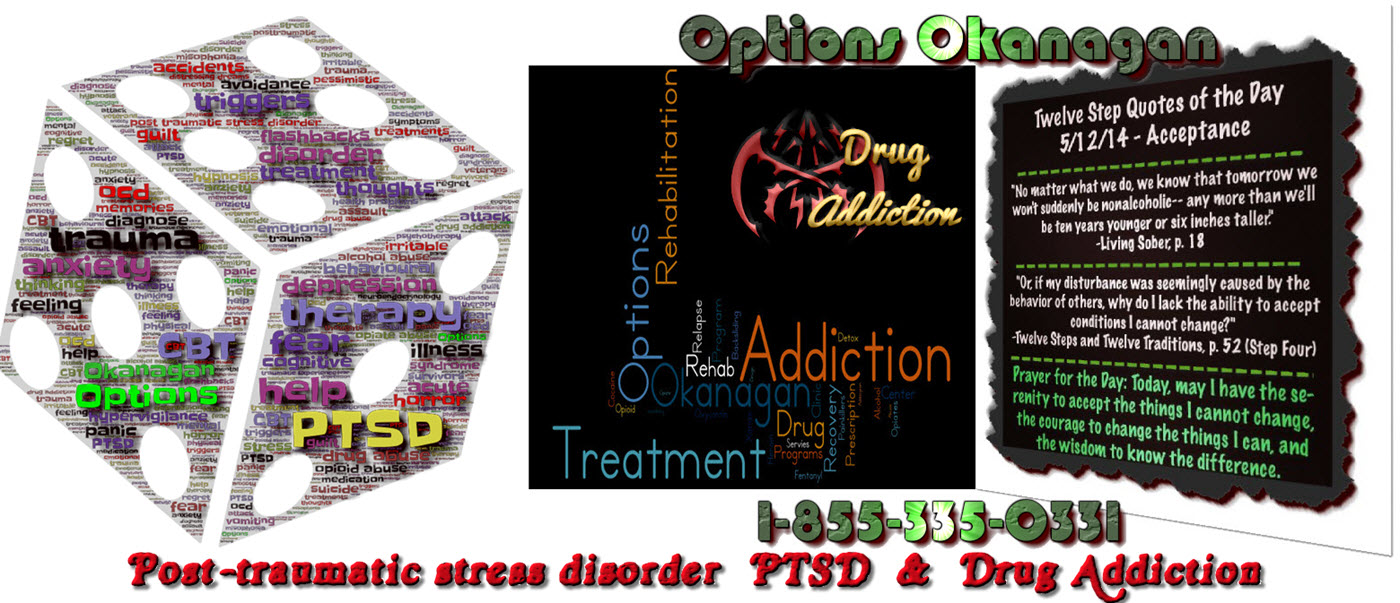


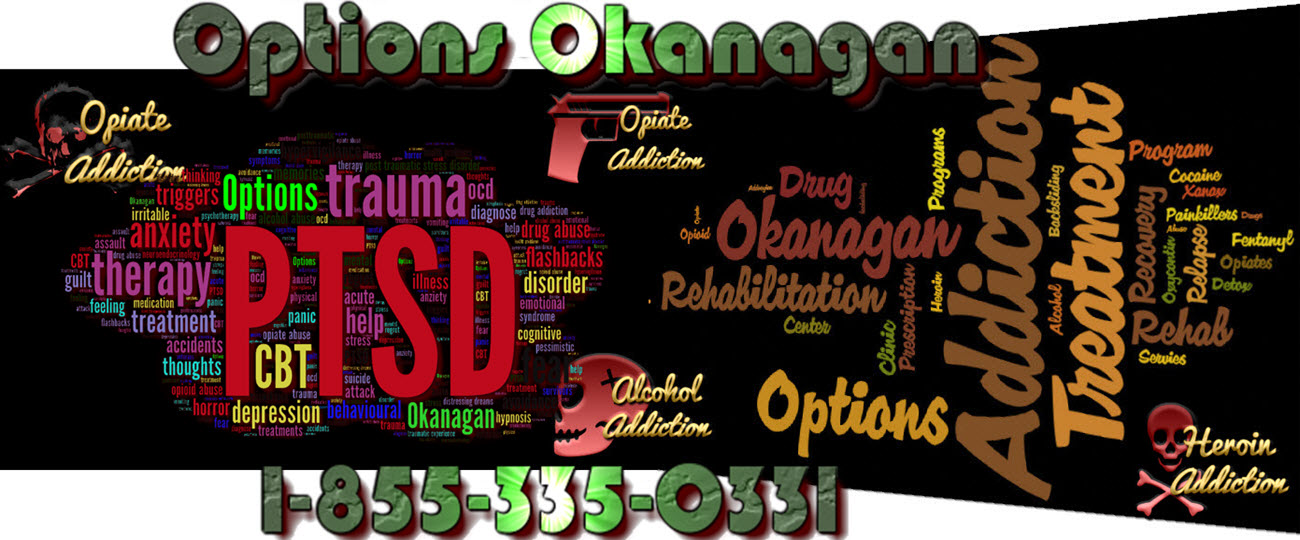
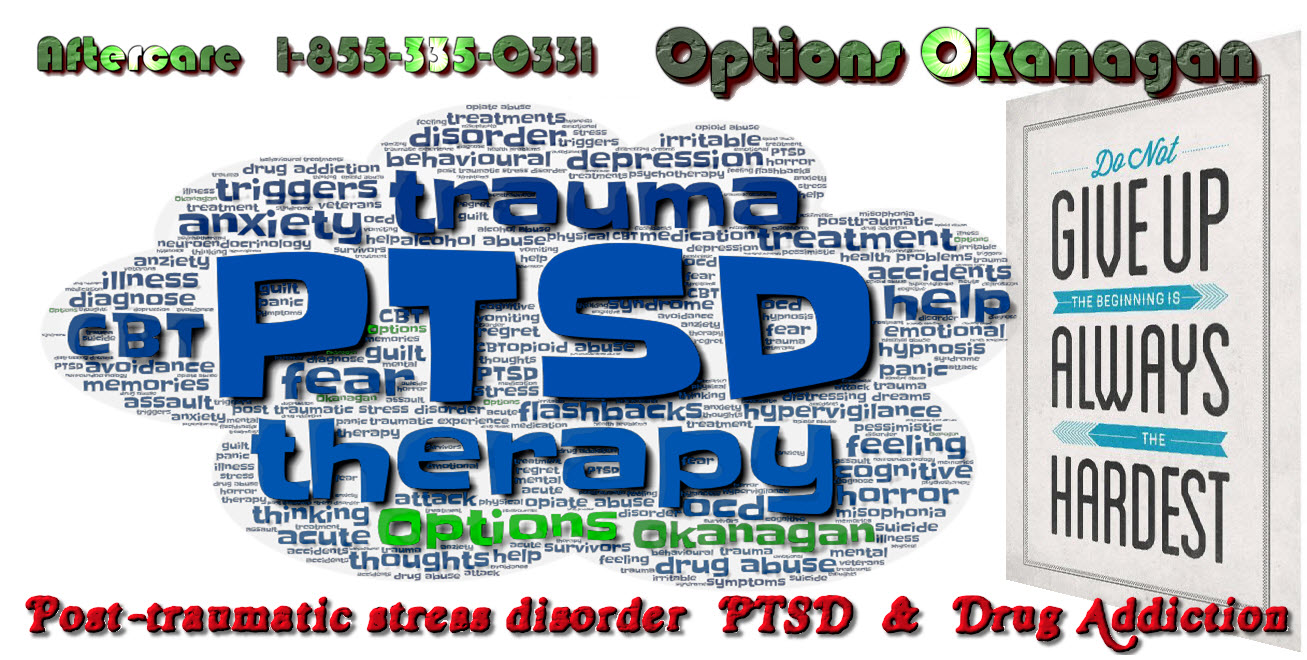
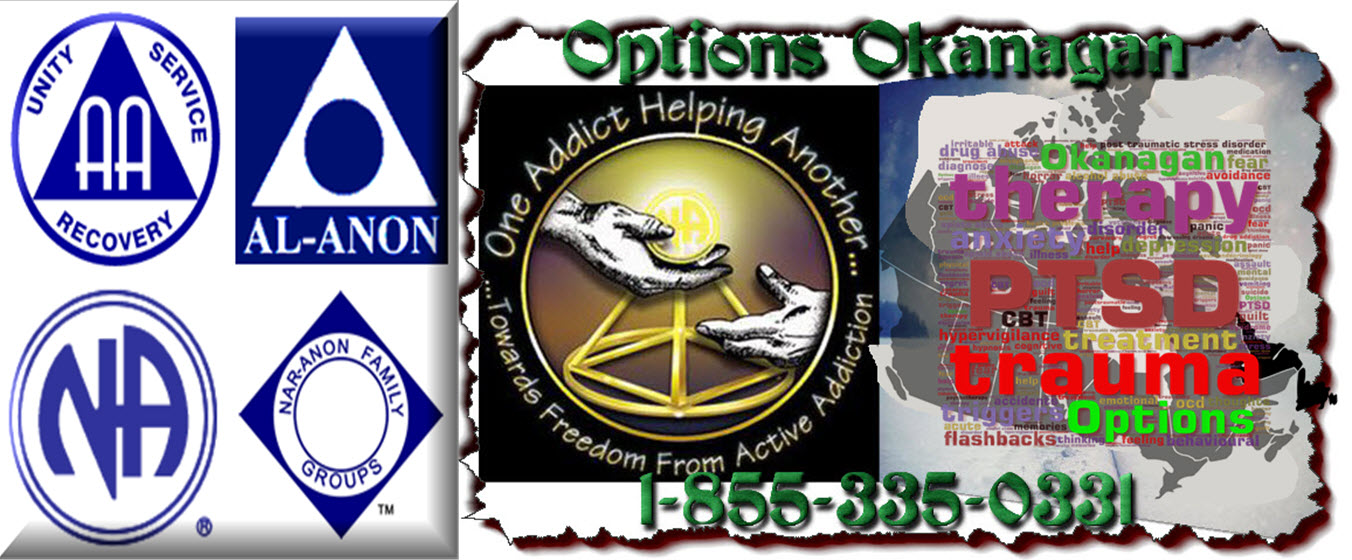

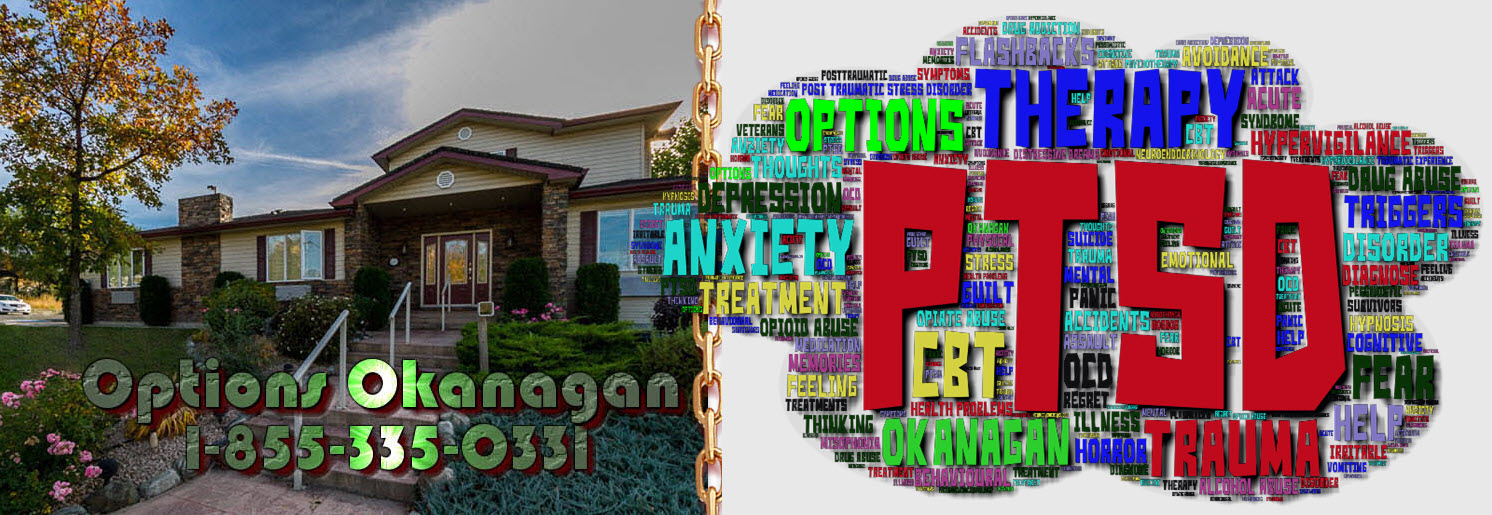
 and Trauma Rehab Centers in Alberta and BC - Options Okanagan.jpg)